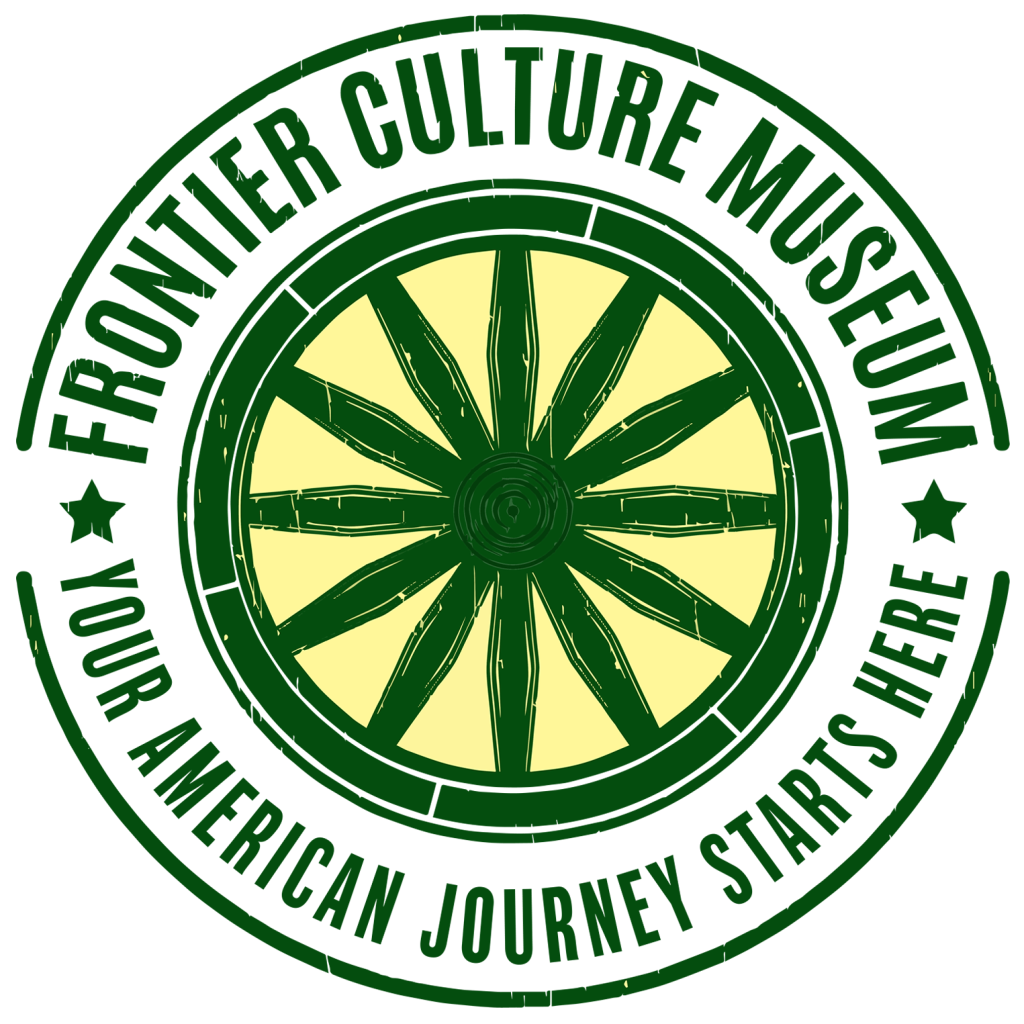Lecture Series
“The Rise of Slavery in the Valley of Virginia and its Enduring Presence on the Landscape of Lexington and Rockbridge County”
Join the Frontier Culture Museum for our 2024 Lecture Series. The second installment of the 2024 Lecture Series will take place on March 19, 2024 at 7:00 PM in the Dairy Barn Lecture Hall. The Lecture Series is free and open to the public.
The Scotch-Irish immigrants who first colonized Rockbridge County initially eschewed the institution of slavery. After the American Revolution, however, they built a society reliant on the enslavement of African Americans. Over the next eight decades, an elite class of citizens established its new American identity through economic, social, and symbolic associations with Chesapeake plantation society. Archibald Alexander (1708-1780), his son William (1738-1797), and his grandson Andrew (1768-1844) exemplified this transformation. Eventually, Andrew’s granddaughter Mary Evelyn Anderson Bruce represented the apotheosis of the Americanization of the Scotch Irish by marrying into the Bruce family of Berry Hill Plantation in South Boston, one of America’s richest families and largest slave holders. Closely tied to Liberty Hall Academy and its successor Washington College, Andrew himself held almost thirty African Americans in bondage over his lifetime at his plantation on the former school campus. In addition to the usual agricultural pursuits of plantation owners, Andrew periodically hired out enslaved people to industrialists and exploited their labor himself on both public and private infrastructure projects. Today, these manifestations of enslaved labor are abundantly present on the Rockbridge County landscape, though often they are not recognized as such.
About the Speaker:
Don Gaylord is the Research Archaeologist and an Instructor of Anthropology at Washington and Lee University. After six years in the United States Navy as a nuclear Reactor Operator, Don shifted gears to anthropological archaeology and worked in the Williamsburg, VA area for several years. While in graduate school at the University of Virginia, he began work as an archaeologist at Thomas Jefferson’s Monticello where he worked for thirteen years. He has been at Washington and Lee for eleven years, where he teaches courses in anthropology, archaeology, and history.
